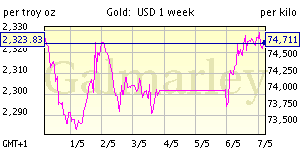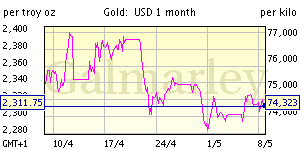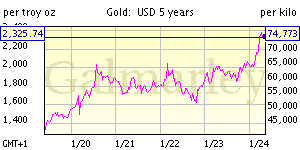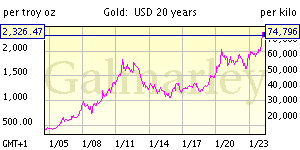Banks Are "Walking" Away From Foreclosures?
Banks follow the lead of homeowners
A lot of U.S. investment funds flowed out of stocks during the 2000-2002 bear market, and, in turn, flowed in to various forms of real estate. Even so, the manic expansion of the real estate bubble that began in the early 2000s actually had a far bigger source of liquidity -- namely, the "global pool of capital" comprised of sovereign wealth funds, pension funds, hedge funds, etc., which are held and managed in various places around the world.
By way of reminder, that global pool was in the range of $70 trillion, give or take. That may be an incomprehensible sum of money, yet each one of the fund managers who swam in this collective pool wanted what most investors want: A reasonable return without too much risk. Problem was, the 2000-2002 bear market in stocks helped drive rates down to record lows; a "reasonable" return was hard to come by.
That's why mortgage-backed securities looked so good at the time. Through securitization, risk was spread broadly enough to appear insignificant. Mortgage rates were comparatively high enough to appear irresistible. Mortgage lenders had access to so much liquidity that by 2006-2007, no income no assets was no problem -- you could get a mortgage anyway.
So let's cut to the chase: The mortgage catastrophe will be two years old this summer. Today's news sorely disappointed anyone who thinks the trend in housing deflation is slowing down: the latest Case-Shiller Index shows that home prices nationally were 19% lower in January 2009 vs. the previous January. This index includes the 20 largest U.S. markets; three of those markets (Phoenix, Las Vegas, San Francisco) saw year-over-year declines of around one-third or more.
In related news, according to a New York Times headline, "Banks Starting to Walk Away on Foreclosures."
Your read that right. In walking away from foreclosures, banks are doing more than following the lead of many homeowners: they're walking away for the same basic reason. Whereas some homeowners walk when their mortgage exceeds the home's value, some banks now walk when the home is worth less than the costs of foreclosure. It's a simple cost/benefit analysis.
Simple supply and demand will dictate lower and lower bid prices for homes auctioned off by the banks. Once the market is over-saturated, five thousand dollars for a hundred thousand dollar house is now, no longer considered an impossibility.
![[Most Recent Quotes from www.kitco.com]](http://www.kitconet.com/images/quotes_7a.gif)






